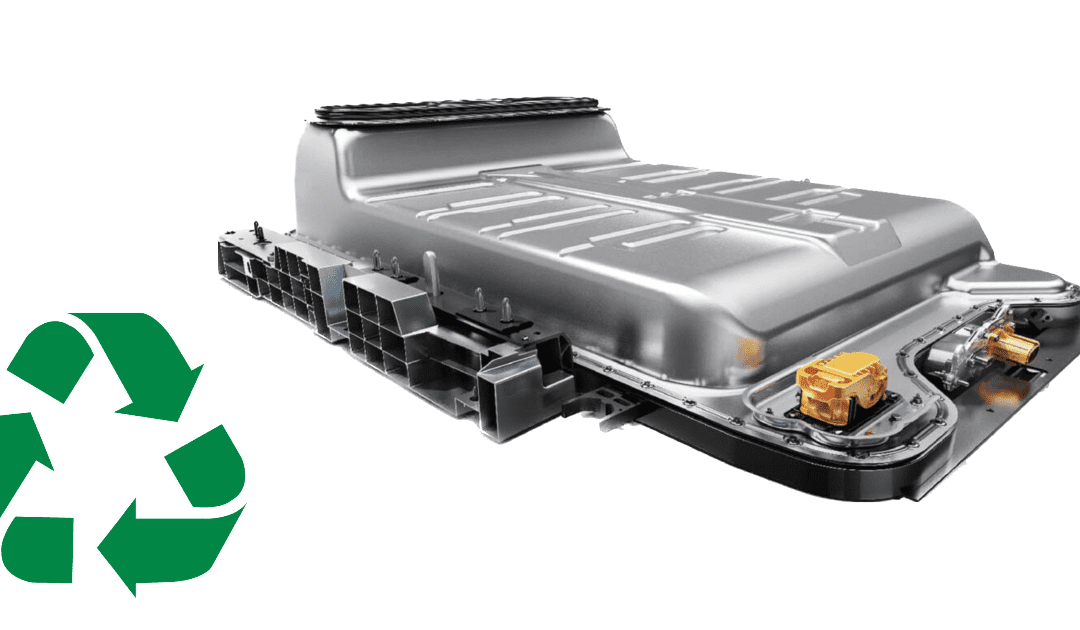My friend Barry Biggs made some excellent comments about my last post. He’s holding out on converting to an EV at the moment because there are alternative drive systems that may ultimately be better for the environment. In particular he’s concerned about the lithium batteries. He is concerned about the mining of lithium and the limited recycling opportunities. I confess that I hadn’t considered these points as fully as I should have. So I’ve done some more research.
I found a great article on wired, and the mining of lithium does seem to be having an awful environmental impact. Other components of the batteries, nickel and cobalt, are even worse. I’m sure there must be more environmentally sensitive ways of mining, but the locations seem to be difficult. I can only hope that environmental protections improve for the mining.
The same wired article talks about improvements being made in recycling process including robots and bacteria. However recycling the lithium, from tired batteries into new batteries, is not what excites me the most. An electric vehicle requires a battery that packs a lot of power for its weight. It needs a very high energy density battery. All batteries decay over time. An EV battery will serve for ten years, or 100,000 miles, possibly twice that. But even when it no longer packs the power to be worth lugging its weight around, it can still store electricity. The great problem with wind and solar power is that they are not always producing the power when you need it. Renewable energy must go hand in hand with energy storage. That’s where used EV batteries can play a vital role, as this article from ASME explains.

